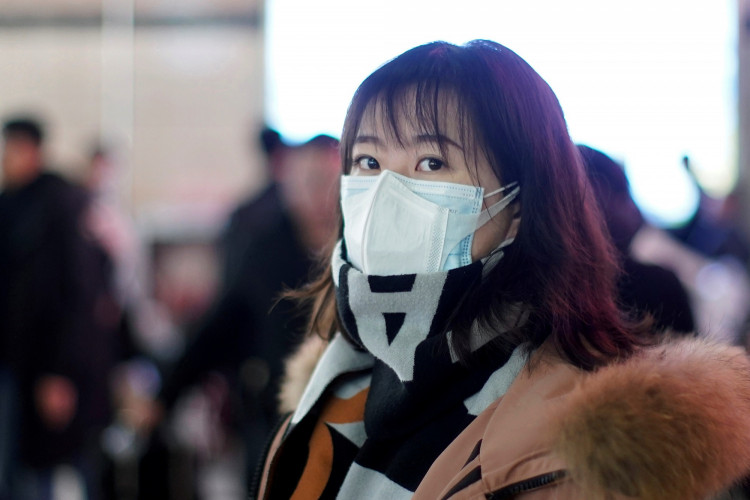Beijing on Thursday announced the cancellation of all large-scale public celebrations for the Chinese Lunar New Year that will last from Jan. 25 to Feb. 8 even as health authorities confirmed the first death from the "Novel coronavirus (2019-nCoV)" outside the outbreak epicenter of Wuhan. The first cases involving the virus were reported on Dec. 31, 2019.
Also on Thursday, the World Health Organization (WHO) said the 2019-nCoV outbreaks don't yet constitute a public health emergency of international concern.
"The advice to the (WHO director-general Tedros Adhanom Ghebreyesus), which is provided by the emergency committee, is that now is not the time and that it is too early to consider that this event is a public health emergency of international concern," said emergency committee chairman Dr. Didier Houssin.
In addition, five people Scotland and one other person in Northern Ireland are being monitored as probable victims of this new disease, also called the Wuhan coronavirus.
Chinese health authorities have confirmed the death of an 80-year-old man in Hebei province near Beijing on Wednesday. It's the first confirmed death outside Hubei province. Wuhan, the capital of Hubei, is where the 2019-nCoV outbreaks began.
The outbreak has killed 17 people and infected more than 620 others worldwide as of Thursday. It led to the temporary lockdown Thursday of Wuhan, whose road and rail links to the outside world were all severed in an effort to contain the spread of the disease. Travel restrictions are now being enforced in the neighboring cities of Huanggang and Ezhou.
Beijing municipal authorities said the order to ban all mass gatherings for the New Year is meant to protect the people and their health. They're now calling the outbreak an epidemic.
"In order to control the epidemic, protect people's lives and health, reduce the mass gathering and ensure people to have a harmonious and peaceful Spring Festival, it is decided to cancel all the large-scale events, including temple fairs, in Beijing as of today," said a statement from the Beijing Culture and Tourism Bureau.
WHO confirms the virus is more easily spread from person-to-person than initially thought.
"We are now seeing second and third generation spread," according to Dr. David Heymann, chairman of a WHO committee gathering data on the virus. Dr. Heymann pointed to growing evidence the virus can be spread by more distant contact.
The U.S. Centers for Disease Control and Prevention (CDC) on Thursday raised its travel notice for Wuhan to the highest of three levels. CDC urges American travelers to remain alert when traveling to other parts of China by avoiding contact with sick people, animals and animal markets.
"CDC recommends that travelers avoid all nonessential travel to Wuhan, China," said CDC as it raised the status to "Warning-Level 3."





